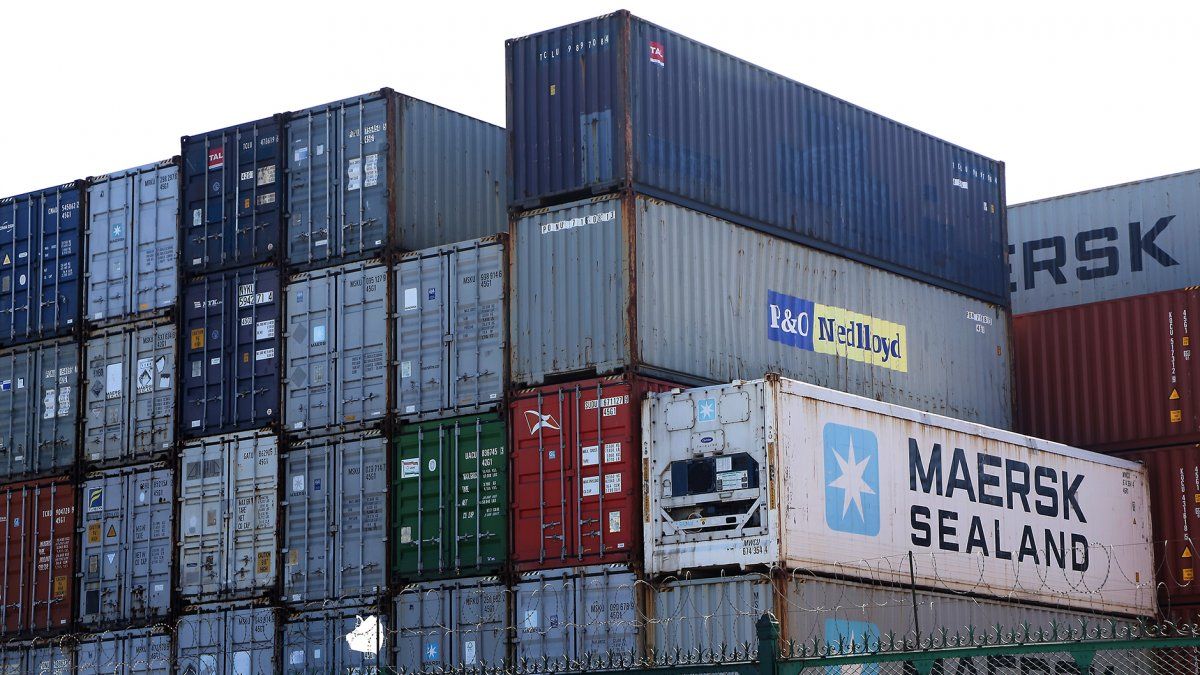According to his last known report a couple of weeks ago, the International Monetary Fund (IMF) forecasts that countries that account for more than a third of global GDP will show contractions of at least two consecutive quarters, which is technically known as a recession. This scenario would be taking place between the remainder of 2022 and sometime in 2023.
For Ecolatina, the first transmission channel of the global crisis will be trade. “A lower economic expansion of the main destinations of our exports could induce a drop in demand”, says the consultant. The report specifies that the expected growth for Argentina’s main trading partners in 2023 “was adjusted to 2.4% compared to the 3.5% estimated in April” while the expansion of Mercosur members would be only 1 ,two%.
“This dynamic will put in check the assumption of a greater dynamism of exports contained both in the Budget and in the second review of the IMF as one of the pillars in the need to continue accumulating reserves. next year. On the other hand, the loss of dynamism in the global economy could have a negative influence on the price of commodities”, he explained.
The pattern of income and expenses for next year, which Deputies is preparing to deal with shortly, foresees an inflation of 60%, an exchange rate that rises 62.1% to $270, a primary deficit of 2.5% and a trade surplus of US$12,347 million, with exports growing at 7%. The new scenario would put at risk, then, the reserve accumulation goals that are foreseen for next year.
The second channel is the strengthening of the dollar. Although the strong dollar is associated with a fall in the price of raw materials, in the last year this premise was relativized by the war in Ukraine. Even so, Ecolatina maintains that “the IMF expects the price of non-energy commodities to partially reduce in 2023 (-6.2%) after having grown 7.3% in 2022.” It also states that if currency depreciation grows in emerging countries, It is likely that the BCRA will be compelled to speed up the rate of crawling peg, which today is in the order of 6.5% per month, which will accelerate inflation.
The third channel is the rise in rates and “flight to quality”. Although Argentina is out of the markets, Ecolatina warns that “it could impact us indirectly through its impact on our business partners”. The report indicates that “not only have the yields on assets in advanced countries increased and the dollar has appreciated strongly, but the risk differential of emerging countries has also increased.”
The fourth channel is the cost of energy and freight. “Prices are expected to remain high through the end of 2023,” the report says. Citing data from the IMF, he warns that even if the cost of gas drops by 14% at the end of December, it will still be 210% more expensive than in 2021. According to Ecolatina “it becomes essential” to finish the Néstor Kirchner gas pipeline for next winter.
Source: Ambito
David William is a talented author who has made a name for himself in the world of writing. He is a professional author who writes on a wide range of topics, from general interest to opinion news. David is currently working as a writer at 24 hours worlds where he brings his unique perspective and in-depth research to his articles, making them both informative and engaging.




